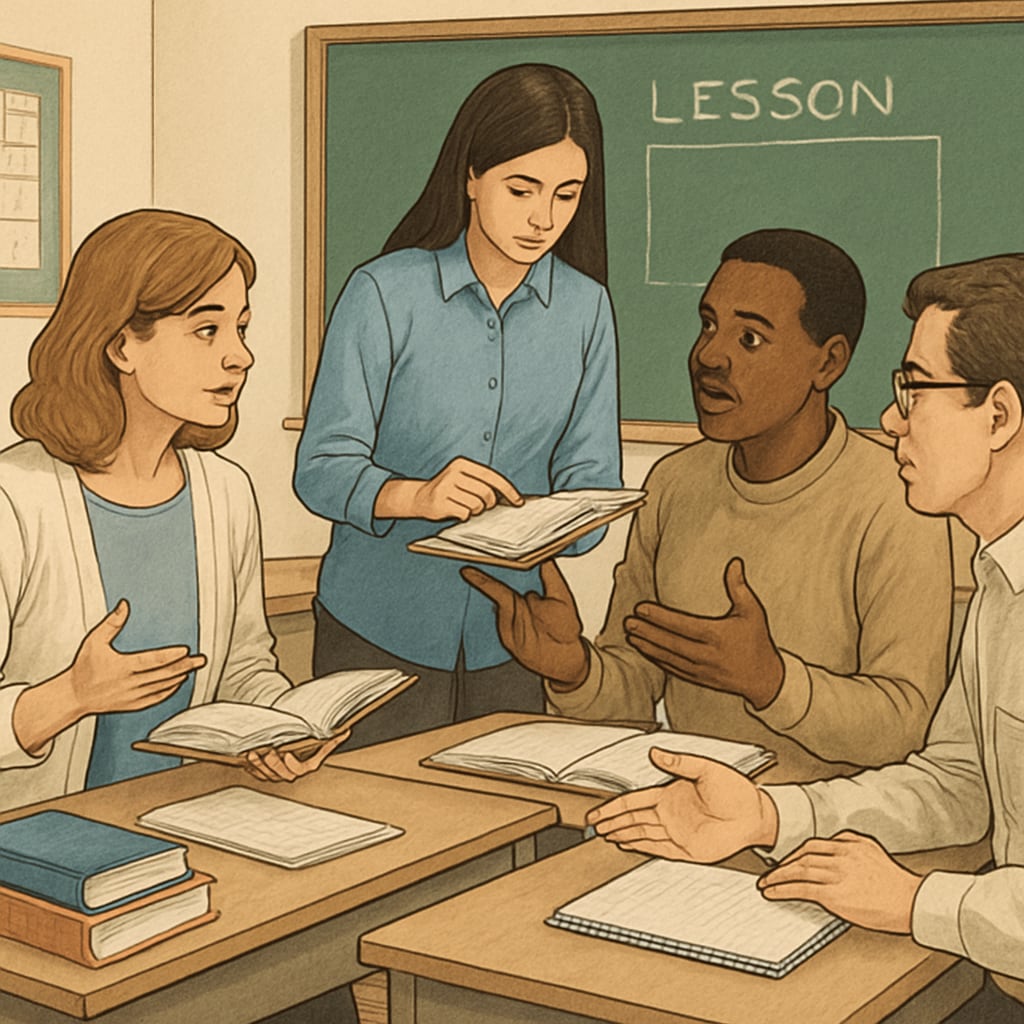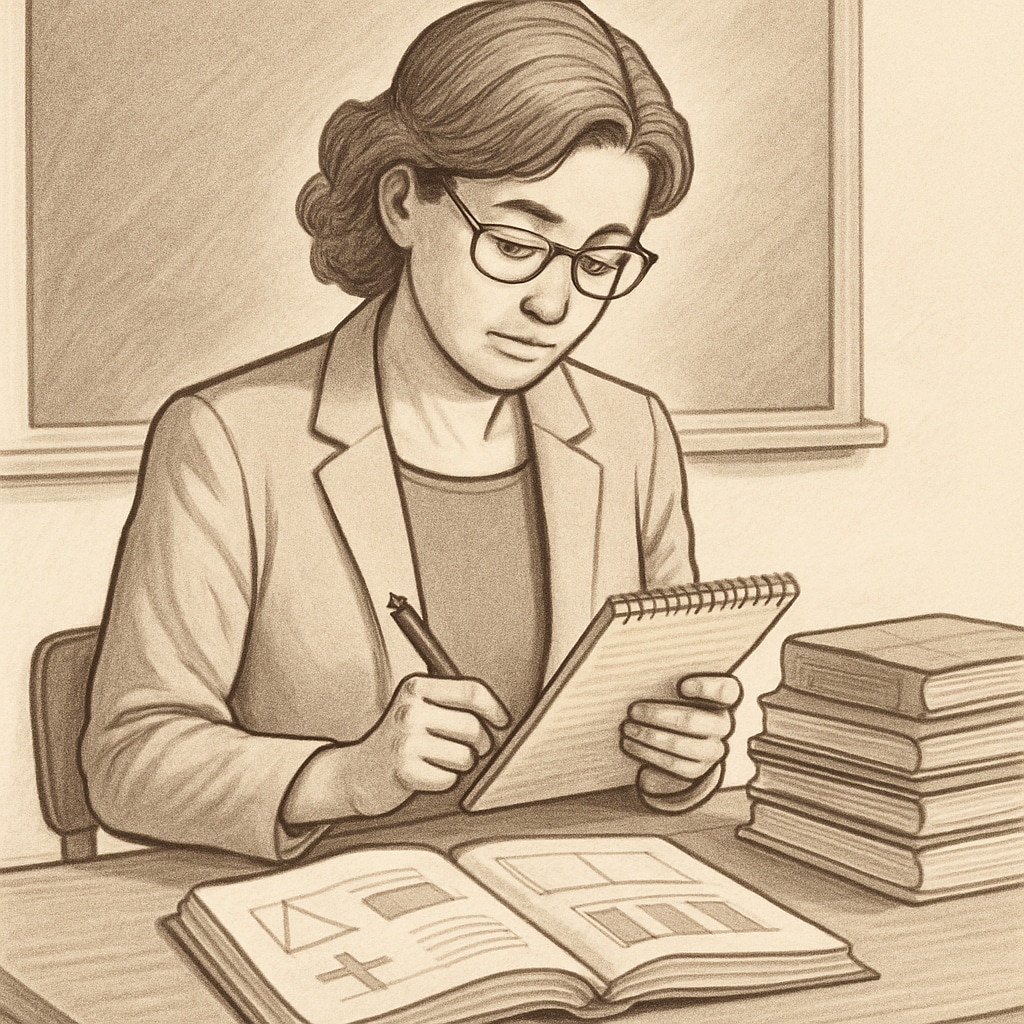Reading comprehension, teacher volunteers, and text complexity form the foundation of a new initiative aimed at advancing K-12 education. This groundbreaking research project is calling on primary and middle school teachers to lend their expertise in evaluating texts. By participating, educators will play a critical role in shaping a reliable and scientific framework for text complexity assessment. Such efforts are key to nurturing future generations of readers.
The Vital Role of Teachers in Reading Education
Teachers are the cornerstone of reading education. They are uniquely positioned to observe how students interact with different texts and understand the challenges learners face. This project recognizes the immense value of teachers’ professional judgment and aims to harness it to build better tools for evaluating text complexity.
Text complexity is a crucial factor in determining how well a student can engage with a given reading material. A well-matched text can foster deeper comprehension, while an overly challenging one may hinder progress. Teachers, with their hands-on experience, are ideal contributors to this nuanced evaluation process.

How the Research Project Works
The reading comprehension project is designed to be simple yet impactful. Educators participating as volunteers will assess short texts and provide feedback. The process is streamlined to ensure minimal time commitment, making it accessible even for those with busy schedules.
By analyzing this feedback, researchers aim to develop a standardized, evidence-based framework for determining text complexity levels. This, in turn, will help educators nationwide select appropriate reading materials for their students. The project relies on teachers’ unique perspectives to ensure that the framework is both practical and effective.
Here’s what the participation process typically involves:
- Reviewing a set of short texts provided by the research team.
- Providing evaluations based on specific criteria, such as vocabulary, sentence structure, and thematic complexity.
- Offering insights on how the text aligns with different grade-level capabilities.

Why Teacher Engagement Matters
Teacher engagement is at the heart of this initiative. Unlike algorithm-based systems, which often lack the human touch, this project values real-world insights that only educators can provide. Teachers’ evaluations bring authenticity and practicality to the framework, ensuring it meets classroom needs.
Moreover, this collaboration helps bridge the gap between research and practice in education. By participating, teachers contribute not only to the project but also to the broader educational community. Their input will have a lasting impact, influencing how reading materials are selected for years to come.
How to Get Involved
If you’re a primary or middle school teacher passionate about reading education, this project offers a unique opportunity to make a difference. Signing up is straightforward and involves the following steps:
- Complete a brief registration form provided by the research team.
- Participate in a short orientation session to understand the evaluation process.
- Start reviewing texts and sharing your insights!
For further details, educators can visit reputable platforms such as Reading Comprehension on Wikipedia or explore research-backed frameworks on Education on Britannica.
Through your participation, you can help create a legacy of improved reading standards that benefit both teachers and students alike.
Shaping the Future of Reading Education
The reading comprehension project is more than a research initiative—it’s a call to action for educators to shape the future of reading education. Teachers’ contributions will help refine how text complexity is understood and applied, ensuring that students are equipped with the skills they need to succeed academically and beyond.
Your expertise can make a transformative impact. Join today and be part of a movement that prioritizes thoughtful, research-driven approaches to reading education.


